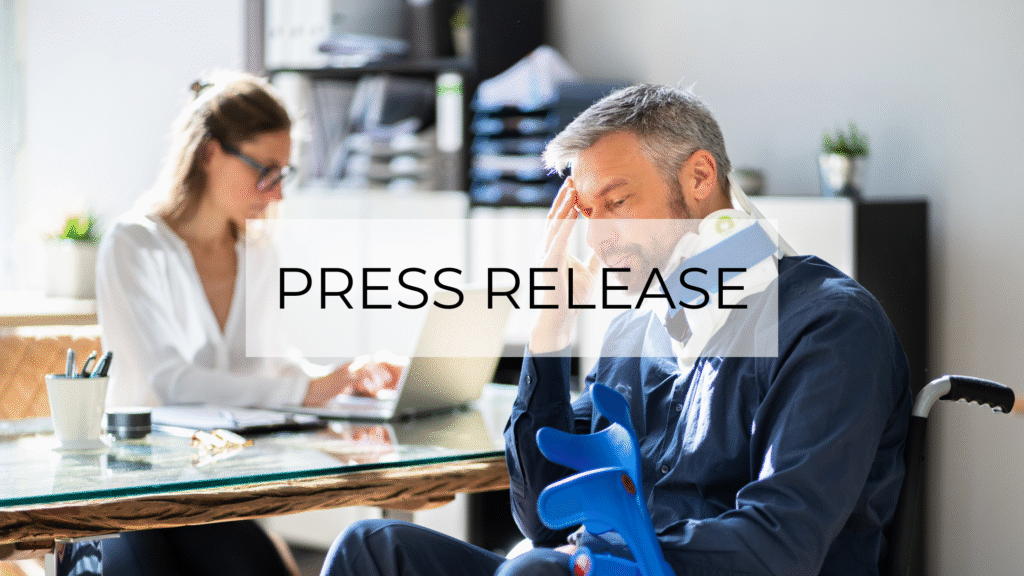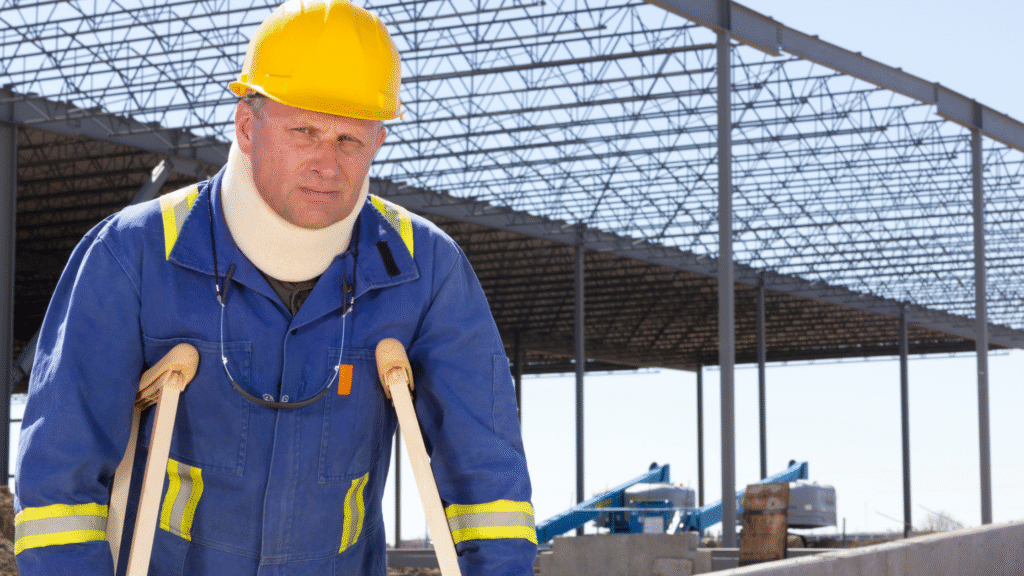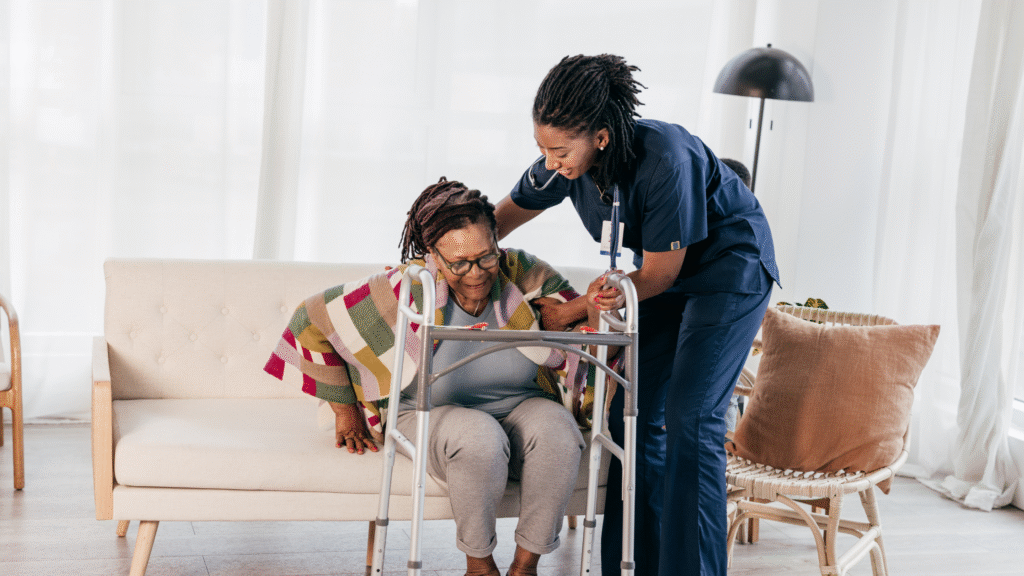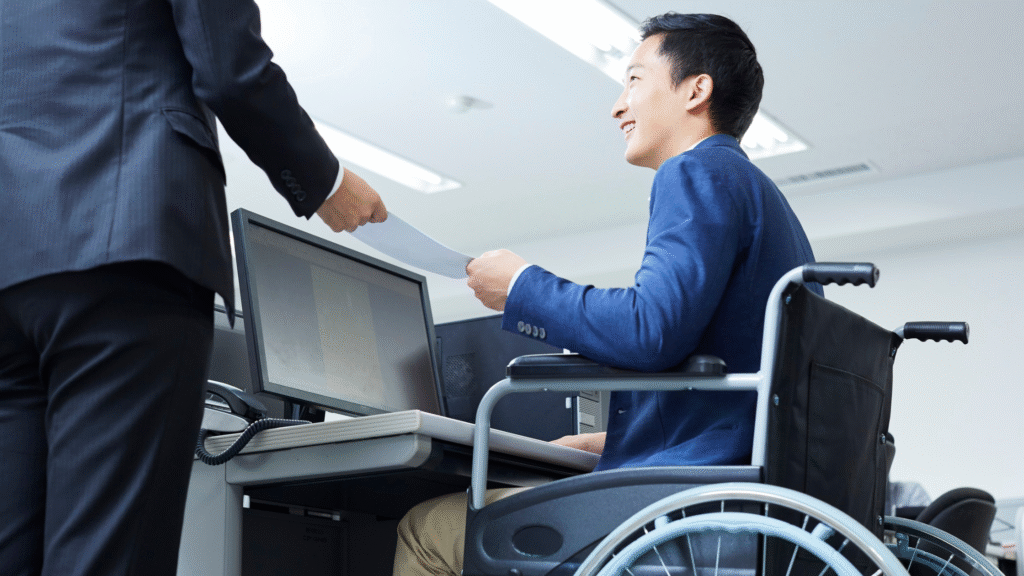
In the insurance world, cost pressures are relentless. For carriers handling workers’ compensation, general liability, or complex casualty claims, fragmentation is a hidden cost engine. Multiple vendors, disconnected systems, data silos, and lack of coordination can all drive higher expenses, extended timelines, and weaker outcomes.
The answer? Integrated claims management solutions designed to align services, data, and accountability under a unified framework.
The Cost Drivers: Fragmentation, Delay and Duplication
Consider the typical claim lifecycle: early incident triage, medical care, rehabilitation, vendor equipment/technology, home or workplace modifications, ongoing service, legal oversight, indemnity payments. In many carrier operations, each element is managed separately: different vendors, platforms, portals, and KPIs. The results: hand-offs and delays, data loss or misalignment, inefficient resource allocation, higher administrative cost, and risk of re-work.
Industry commentary underscores this: as noted in “Understanding Vertical Integration’s Impact on Workers’ Compensation Claims Costs,” medical management costs remain the largest component of claims and require holistic visibility to manage.
What “Integrated Solutions” Means for Carriers
An “integrated solution” for claims means more than technology; it means aligning services, processes and data. Key attributes:
- Single-source coordination: One partner or suite handles multiple claim elements (medical care, rehab tech, mobility, remote monitoring, vendor management).
- Unified data & analytics: One data feed, one analytics engine, one view of claim health and vendor performance.
- Aligned vendor ecosystem: Vendors work within a coherent framework rather than stand-alone silos.
- Lifecycle oversight: From first notice of injury (FNI) through closure, the integrated solution monitors, adapts and intervenes as needed.
Why This Drives Cost Reduction for Carriers
- Reduced administrative overhead – fewer vendor contracts, fewer portals, fewer integrations.
- Faster service delivery – when coordination is streamlined, injured workers receive needed equipment, modification or rehab faster, reducing time lost and service duplication.
- Better outcomes, fewer complications – early, coordinated intervention helps avoid secondary injuries, delays, or prolonged return to work.
- Improved vendor performance & accountability – one-point oversight improves transparency and holds vendors to performance metrics.
- Risk mitigation – integrated data systems better flag high-risk claims, avoid surprises and control escalation.
For example, integration of safety, benefits and insurance programs has been shown to reduce claim costs and improve outcomes when these functions share data and collaborate, according to AssuredPartners.
Best Practices for Carriers to Implement Integration
- Evaluate your vendor map: How many separate vendors touch a claim? Can some be combined or better coordinated?
- Select a partner with end-to-end capability: Ensure the partner handles not just medical or indemnity, but the full set of services relevant to complex claims (e.g., mobility equipment, housing modifications, telehealth).
- Integrate data from day one: Choose solutions that ingest claim, medical, vendor, service and outcome data into a unified analytics platform so that you get real-time insights, not slow dashboards.
- Define governance and KPIs: Set clear metrics (vendor hand-offs, days to service delivery, re-work rate, days to return to work, total cost per life-of-claim) and hold the partner accountable.
- Monitor and adapt: Integrated solutions are dynamic. They can update service flows, vendor performance, and analytics models as your portfolio changes.
Fragmentation in claims operations drives cost, delay, and risk for carriers. By embracing integrated solutions that align services, data and oversight, insurance carriers can reduce the vendor count, shorten timelines, improve outcomes, and ultimately lower claim cost. For forward-looking carriers, integration isn’t just a nice-to-have; it’s a competitive differentiator in controlling loss ratios and improving injured-worker experience.
Ready to explore how an integrated claims-management model can drive cost efficiency and better outcomes? Let’s connect.









